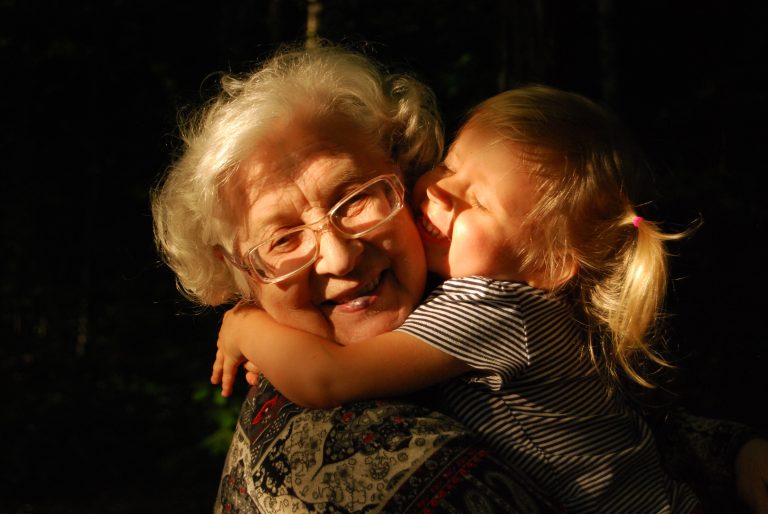5. What the parties have pledged on Asylum-seekers and refugees…
Published in partnership with Crikey, the PromiseWatch 2013 series captures snapshots of the major parties’ platforms in major policy areas
Refugee policy and the plight of asylum seekers continues to inflame passions on both sides of politics, nearly 12 years after the Tampa incident. The drama continued unabated this week, after Four Corners exposed sub-optimal conditions on the Papua New Guinean outpost of Manus Island and cost blowouts and cramped lodgings on Nauru.
The arrival two weeks ago at the West Australian port of Geraldton of 66 Sri Lankan asylum seekers shone a spotlight on ethnic Tamils who continue to be “screened out” and flown home before their application for asylum can be lodged. This week 42 Sri Lankans were flown from Christmas Island to Colombo, taking the total number returned since last August’s Houston report to 1071, 862 of which have been involuntary.
Following the Rudd government’s decision to ditch John Howard’s Pacific Solution, the Labor government has copped a sustained broadside over its response to what immigration bureaucrats refer to as Irregular Maritime Arrivals (IMAs).
The government commissioned a report, led by former defence force chief Angus Houston, to address the issue and mollify critics. Released last August, it made 22 recommendations for Australian Irregular Immigration policy, including a “no advantage” principle meant to deter asylum seekers from getting on boats in the first place. This doesn’t appear to have worked. As Four Corners noted, since the recommencement of offshore processing, a total of 15,543 people have arrived on 259 boats.
The Houston panel set out a plan that seeks to prevent asylum seekers risking their lives on dangerous boat journeys to Australia. It called for government policy to be “hard headed but not hard hearted” — the full Houston report can be read here. Key points included:
- An increase in Australia’s humanitarian program to 20,000 from 13,000 places per annum;
- Continuing bilateral communication with Indonesia so as to improve cooperation on “joint surveillance and response patrols, law enforcement and search and rescue coordination”;
- Strengthening ties with Malaysia and pursuing amendments to the arrangement negotiated in 2011;
- Re-establishing detention facilities in Nauru and PNG;
- Prevent IMAs from applying for family reunion visas, so as to discourage participation in irregular migration.
The reopening of old offshore detention facilities was the government’s response to the increase in requests for asylum over the past 10 years. After reaching a low point in 2004 at 3208 requests, the numbers rose to 11,491 in the calendar year 2010-11. In comparison to other industrialised countries, Australia’s intake has been quite low. Despite having less than half the population of Australia, Sweden received 31,819 applications for asylum in 2010, a number more than double Australia’s 12,673 applications.
The estimated cost of implementing the report’s recommendations will be several billion dollars, to be divided thusly:
- Increase in the humanitarian program visas — $1.4 billion
- Increase in the family migration visas — $0.8 billion
- Nauru processing facility — $1.2 billion – 1.4 billion
- PNG processing facility — $0.9 billion
- Implementation of Malaysia Agreement — $80 million
The overall stated aim of the Houston report was to prevent further loss of life at sea by asylum seekers. To this end, the panel has recommended “strategies need[ed] to shift the balance of Australian policies and regional arrangements to give greater hope and confidence to asylum seekers that regional arrangements will work more effectively, and to discourage more actively the use of irregular maritime voyages”.
So where do the parties officially stand on immigration and asylum? Check out CPD’s research on Crikey.com.au and compare the rhetoric to the real data on refugeefacts.cpd.org.au




